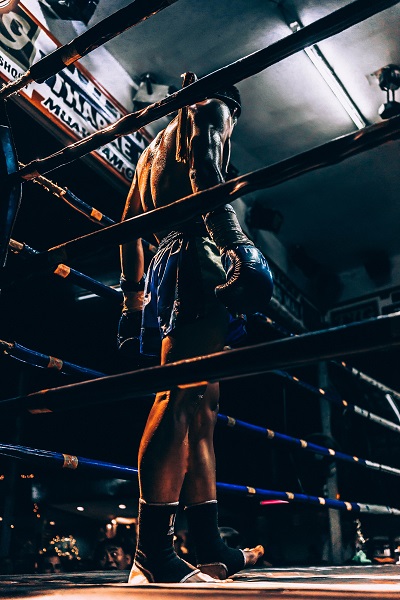Who is the Greatest?
Author: Dave BerothWho do you think of when you think about a great person? How do you define true greatness?
In 1964, when Muhammad Ali fought against Sonny Liston and yelled to a crowded collection of reporters, “I’m the greatest!” he wrote his own title down in history. As I’ve watched and read all the memorial tributes that have poured out over the media these past days, there has been a repetitive theme: “greatest of all time.” I grew up in a slower pace of time and great people were not just here today and gone tomorrow. Ali made his mark in that season and transcended his time and became an icon in our culture. One quote from Ali gives us insight into the champ’s mindset. “I am the greatest; I said that even before I knew I was.”
the memorial tributes that have poured out over the media these past days, there has been a repetitive theme: “greatest of all time.” I grew up in a slower pace of time and great people were not just here today and gone tomorrow. Ali made his mark in that season and transcended his time and became an icon in our culture. One quote from Ali gives us insight into the champ’s mindset. “I am the greatest; I said that even before I knew I was.”
Ali said he was the greatest of all time and there are few who would argue the point. Maybe that is why his death has been felt across international and demographic lines. People inevitably associate the word “greatness” with perfection, prominence and prestige. But what if our definition of greatness is all wrong? Is greatness really about being perfect or better than others? Or is it something bigger than that?
Mike Tyson once said that in order to be great, “you have to beat everyone living”. This might explain why our self-worth is increasingly based on how we measure up to other people. What if greatness is not about being better than others? What if greatness was just being better than you were yesterday? “Magis” is a Latin adverb that means “more” or “to a greater degree.” Interestingly, it does not mean greater than you. It is closely linked to the unofficial motto of the Society of Jesus, “For the Greater Glory of God.”
Greatness is discovered in discerning God’s voice to know what God wants from me, and then being faithful in how to implement what He’s asked me to do. For example, Jesus said this about John the Baptist, “Assuredly, I say to you, among those born of women there has not risen one greater than John the Baptist.” (Matthew 11:11). Wow! That’s quite a compliment. What did he do to make Jesus call him great and say that, in fact, no one is greater? Simple. He only did one thing and he did it faithfully. He knew what God wanted him to do and he did it faithfully. John was a voice of one crying out in the wilderness: “Prepare the way for the Lord; make His paths straight!.” (Matthew 3:1-3)
He knew what God wanted him to do and he did it faithfully
This preparatory ministry of John the Baptist is mentioned in all four gospels and it was predicted long before he was even born. His forerunning was integral to what Jesus had come to do. John got the people thinking about their lives and about their relationship with God. Just one message repeated over and over. Why? Because that is what he was called to do. God gave him one job and John faithfully dedicated his entire life to fulfill that calling. In practical terms, John lived his life in a way that got people’s attention and once he had their attention he told them good news. John’s good news message centered on Christ: “He who is coming after me is mightier than I, and I am not even fit to remove His sandals.” (Mathew 3:11). His attitude about himself in relation to Christ was, “He must increase, but I must decrease.” (John 3:30).
Greatness is not being better than others. It’s being responsible with God’s purpose for your life each and every day. The word “greatness” is a constant reminder to not consider myself better than you, I’m just better than I was yesterday. “The man who views the world at 50 the same as he did at 20 has wasted 30 years of his life.” Muhammad Ali
